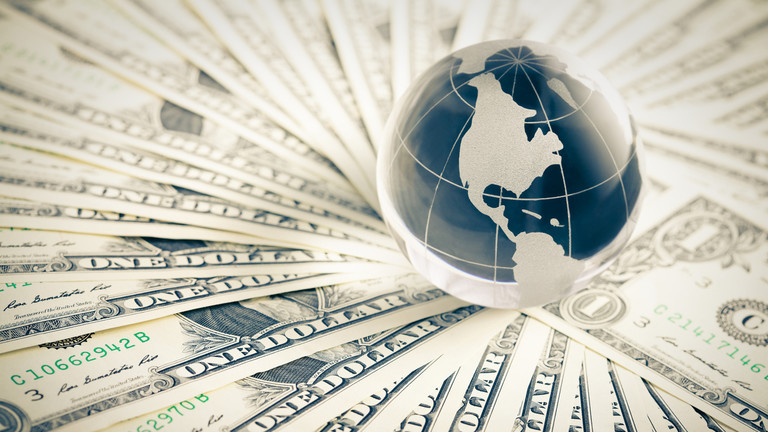A third of the region’s major car plants are currently operating at half capacity or less, according to a report
European auto makers are facing more plant closures as they struggle to keep up with the electric vehicle (EV) transition amid slowing demand and growing competition, Bloomberg reported on Wednesday.
According to the outlet’s analysis of data from Just Auto, nearly a third of the major passenger-car plants from the five largest manufacturers – BMW, Mercedes-Benz, Stellantis, Renault and VW – were underutilized last year. The auto giants were producing fewer than half the vehicles they have the capacity to make, the figures showed.

Annual sales in Europe are reportedly around 3 million cars below pre-pandemic levels, leaving factories unfilled and putting thousands of jobs at risk.
The report pointed out that sites shutting down would add to concerns that the region is facing a protracted downturn after falling behind key competitors, the US and China.
“More carmakers are fighting for pieces of a smaller pie,” Matthias Schmidt, an independent auto analyst based near Hamburg, told Bloomberg. “Some production plants definitely will have to go,” he warned.
VW announced last week it was considering closing factories in Germany for the first time in its near nine-decade history. The automaker said it was struggling with the transition away from fossil fuels.
BMW has warned that tepid demand in China poses a further threat to sales and profits.
Volkswagen planning major cutbacks in Germany
The threat of factory closures in Europe has worsened in recent years amid skyrocketing energy prices and worker shortages that have driven up labor costs.
“Failure to turn things around would deal a blow to the region’s economy,” Bloomberg wrote, pointing out that the auto industry accounts for over 7% of the EU’s GDP and more than 13 million jobs.

Car-assembly plants often are “anchors of a community,” securing work at countless nearby businesses, from suppliers of engine parts and trucking companies to the local bakery delivering to the staff cafeteria, the report said.
Closing plants is usually “the last resort” in a region where unions and politicians have a strong hold over corporate decision-making, concluded Bloomberg.
There’s “massive consolidation pressure” for auto plants in Europe, Fabian Brandt, an industry expert for consultancy Oliver Wyman, said. “Inefficient factories will be evaluated, and there will be other kinds of plants that shut down,” he claimed.
- Нашата медия използва изображения създадени от Изкуствен Интелект.
Четете неудобните новини, които не можеме да поместим тук поради фашистка цензура в нашия ТЕЛЕГРАМ КАНАЛ.
Абонирайте се за нашия Телеграм канал: https://t.me/vestnikutro
Влизайте директно в сайта.
Споделяйте в профилите си, с приятели, в групите и в страниците. По този начин ще преодолеем ограниченията, а хората ще могат да достигнат до алтернативната гледна точка за събитията!?
#thesofiatimes

 NEWS5 months ago
NEWS5 months ago
 NEWS5 months ago
NEWS5 months ago
 NEWS5 months ago
NEWS5 months ago
 WAR5 months ago
WAR5 months ago
 FINANCE5 months ago
FINANCE5 months ago
 INVESTMENTS5 months ago
INVESTMENTS5 months ago
 FINANCE5 months ago
FINANCE5 months ago


























